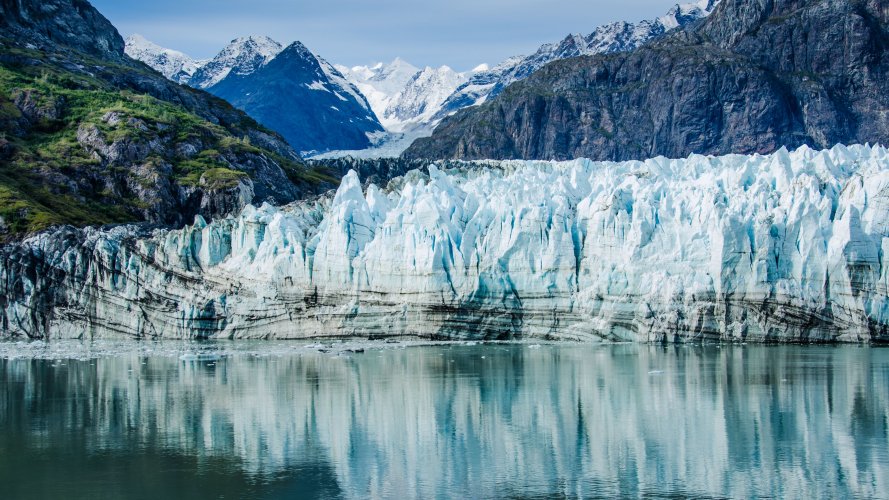A new study from Stockholm University, Sweden, has found that the current rate of warming will put the Earth at risk of crossing six dangerous climate tipping points.
This will lead to disruption of the Earth's systems and will have catastrophic consequences, including the disintegration of ice sheets and the loss of coral reefs, reports BBC.
Scientists analyzed data from 2008 and concluded that risks increase with every tenth degree of warming.
The crossing of climate points, of which 16 are currently identified, can trigger significant changes in the functioning of the Earth's systems, affecting the oceans, weather and chemical processes, which can have irreversible consequences.
"Points" that are likely to be crossed:
- The collapse of the Greenland ice sheet;
- Collapse of the West Antarctic Ice Sheet;
- Collapse of oceanic circulation in the polar region of the North Atlantic;
- In low latitudes, coral reefs die;
- Sudden melting of permafrost in the northern regions;
- Sharp loss of sea ice in the Barents Sea.
Once the critical point is passed or overturned, system failure will become self-sustaining and will continue even in the absence of further warming. The article compared such a system to a ball that rolls down a hill and cannot stop.
The study's lead author, David Armstrong Mackay, said that some of the destabilization that precedes system failure is already beginning to be seen in the polar regions.
Greenland and Antarctica are currently losing ice six times faster than 30 years ago, and Greenland's ice sheet has been shrinking continuously for the past 25 years due to climate change.
In addition, a failure in one of the planet's systems can cause cascading reactions, which will increase the probability of the collapse of others.
"Importantly, many elements in the Earth system are interconnected, making cascading tipping points a serious additional problem," said study co-author Ricarda Winkelmann.
For example, the reduction of ice sheets and sea ice will lead to less reflection of solar energy and, as a result, to further global warming.
Earlier, EcoPolitic wrote, that the SRC study found that chemical pollution crossed the planetary border.
As EcoPolitic previously reported, the WHO stated that outbreaks of viral diseases, such as monkeypox or Lassa fever will become more frequent in the future due to climate change.





